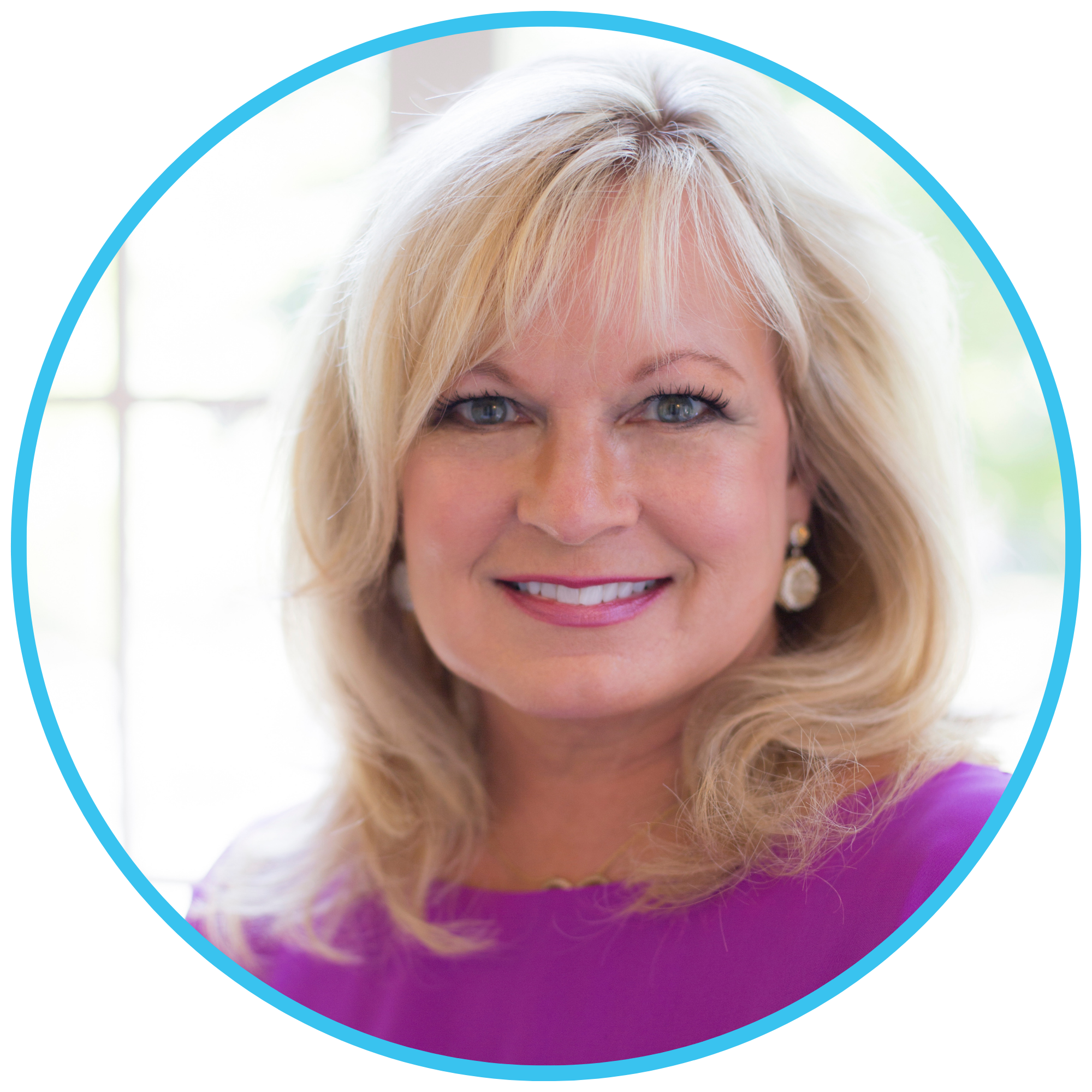Daring Ventures Coaching
Addiction Recovery, Partner, Couples and Life Coaching
“Coaching works because it’s all about you. When you connect with what you really want and why – and take action – magical things can happen.” – Emma-Louise Elsey

Addiction Recovery Coaching
Addiction recovery coaching is a specialized form of coaching that focuses on helping individuals overcome addiction and maintain long-term recovery. It is a supportive and empowering process that assists individuals in making positive changes in their lives, managing cravings, and developing healthy coping mechanisms.
Addiction recovery coaches work with individuals who are in various stages of recovery from substance abuse or addictive behaviors. They provide guidance, encouragement, and accountability to help clients achieve their recovery goals. Coaches may work with clients one-on-one, in group settings, or through remote sessions.
The primary goal of addiction recovery coaching is to support clients in building a fulfilling and substance-free life. Coaches help clients identify triggers and develop strategies to manage them effectively. They also assist with setting and achieving goals, improving self-care practices, enhancing communication skills, and developing a strong support network.
Coaches utilize a client-centered approach, tailoring their support to meet the unique needs and circumstances of each individual. They may draw upon a variety of techniques and interventions, such as motivational interviewing, goal setting, mindfulness practices, relapse prevention strategies, and life skills development.
It's important to note that addiction recovery coaches are not therapists or counselors. While they may possess knowledge about addiction and recovery, their role primarily revolves around providing guidance, support, and accountability to help individuals navigate the challenges of recovery and maintain their sobriety.
In many cases, addiction recovery coaches have personal experience with addiction and recovery themselves, which can contribute to their understanding and empathy for their clients. However, formal training and certification programs are available to equip individuals with the necessary skills and knowledge to become effective addiction recovery coaches.
Betrayed Partner Coach
The role of a coach for a betrayed partner is to provide support, guidance, and a safe space for them to navigate through the complex emotions and challenges that arise after experiencing betrayal in a relationship. Here are some key aspects of a coach's role in such a situation:
Emotional Support: A coach can offer empathetic and non-judgmental support to help the betrayed partner process their emotions, such as anger, hurt, betrayal, confusion, and sadness. They can provide a listening ear and validate the partner's feelings, creating a safe environment for them to express themselves.
Clarity and Perspective: A coach can assist the betrayed partner in gaining clarity and perspective on the situation. They can help the partner understand the dynamics of betrayal, the potential causes, and the different factors at play. By exploring various perspectives, the coach can help the partner make sense of their emotions and thoughts.
Coping Strategies: Betrayal can be emotionally overwhelming, and a coach can help the partner develop healthy coping strategies to manage their emotions and navigate the healing process. This may involve techniques for self-care, stress reduction, and emotional regulation to promote well-being and resilience.
Rebuilding Trust: Rebuilding trust after betrayal is a complex process. A coach can help the partner understand the necessary steps involved, such as setting boundaries, fostering open communication, and establishing accountability within the relationship. They can provide guidance on rebuilding trust, both in oneself and in the partner, while ensuring the partner's emotional safety.
Decision-Making Support: In some cases, the betrayed partner may be faced with decisions about the future of the relationship. A coach can provide a supportive space for exploring different options and help the partner evaluate their needs, values, and goals. The coach can assist in decision-making by offering objective insights and helping the partner assess the potential consequences of different choices.
Education: A coach can equip the betrayed partner with critical information about trauma, addiction, recovery, and more. With this information, betrayed partners can better understand their own realities and make decisions aligning with their goals and values.
Personal Growth and Empowerment: Betrayal can be an opportunity for personal growth and self-discovery. A coach can help the partner identify their strengths, values, and aspirations, supporting them in rebuilding their sense of self and personal empowerment. The coach can assist in setting goals, developing a positive mindset, and creating a plan for personal growth and fulfillment.
It's important to note that a coach is not a substitute for therapy or professional counseling. If the betrayed partner is experiencing severe emotional distress or trauma, it's advisable to seek the assistance of a qualified mental health professional in addition to a coach.

Couples Coaching
Couples coaching, also known as relationship coaching or marriage coaching, is a form of coaching specifically designed to help couples improve their relationship dynamics and enhance their overall satisfaction and connection. It involves working with a trained professional, typically referred to as a couples coach or relationship coach, who provides guidance, support, and tools to assist couples in navigating challenges, improving communication, resolving conflicts, and achieving their relationship goals.
Couples coaching differs from traditional therapy in that it typically focuses on the present and future rather than delving deeply into past experiences or psychological issues. It emphasizes personal growth, building skills, and implementing practical strategies to strengthen the partnership. The coaching process involves setting specific objectives, identifying areas for improvement, and working collaboratively to develop actionable plans to address them.
During couples coaching sessions, the coach facilitates open and honest conversations, helping couples gain insights into their relationship patterns and dynamics. They may provide feedback, offer perspective, and teach effective communication techniques to foster understanding and empathy. Coaches often draw from various therapeutic approaches, such as cognitive-behavioral techniques, positive psychology, and solution-focused methods, tailored to the unique needs and goals of the couple.
Couples coaching can benefit couples at any stage of their relationship, from those seeking pre-marital guidance to couples facing significant challenges or those wanting to strengthen their bond. It can help couples improve their emotional intimacy, resolve conflicts constructively, rebuild trust, enhance their sexual connection, create shared goals, and foster a fulfilling and long-lasting partnership.
It's important to note that couples coaching is not a substitute for therapy or counseling in cases of severe mental health issues or situations involving abuse, addiction, or trauma. In such cases, it is advisable to seek the assistance of a licensed therapist or counselor with expertise in relationship issues.
Life Coaching
Life coaching is a form of personal development where a trained professional, known as a life coach, works with individuals to help them clarify their goals, overcome obstacles, and make positive changes in their lives. Life coaches assist their clients in various aspects of their lives, including career, relationships, health, personal growth, and overall well-being.
The primary role of a life coach is to provide support, guidance, and accountability to their clients. They help clients gain clarity about their desires, values, and strengths, and then work with them to create actionable plans to achieve their goals. Life coaches employ various techniques and tools, such as powerful questioning, active listening, goal setting, and action planning, to facilitate personal growth and development.
Life coaching is different from therapy or counseling, which typically focus on addressing emotional and psychological issues. While life coaches may touch upon certain aspects of a person's past, their main emphasis is on the present and future, helping clients set and achieve goals, improve specific areas of their lives, and enhance overall fulfillment and happiness.
It's important to note that life coaching is not a regulated profession, meaning there are no specific requirements or credentials needed to become a life coach. However, many professional life coaches pursue certifications through reputable training programs to enhance their skills and credibility. These certifications can come from organizations such as the International Coach Federation (ICF) or other recognized coaching associations.
Overall, life coaching is a collaborative process where the coach supports and empowers individuals to maximize their potential, overcome challenges, and create a more fulfilling life.
Meet Our Coaches


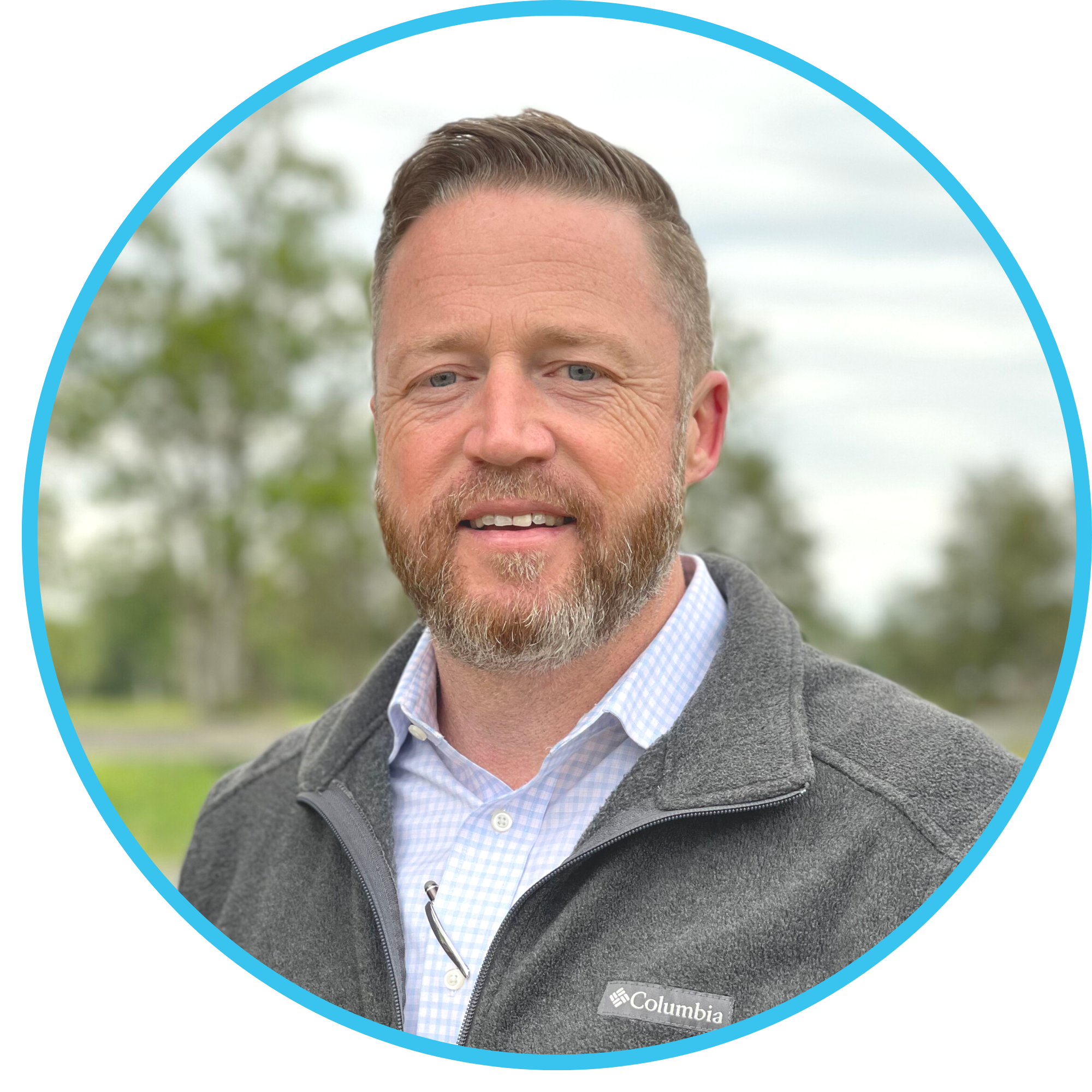
Addiction and Couple Coach
Addiction and Life Coach
Conrad Reynolds, CPC
Addiction and Couples Coach
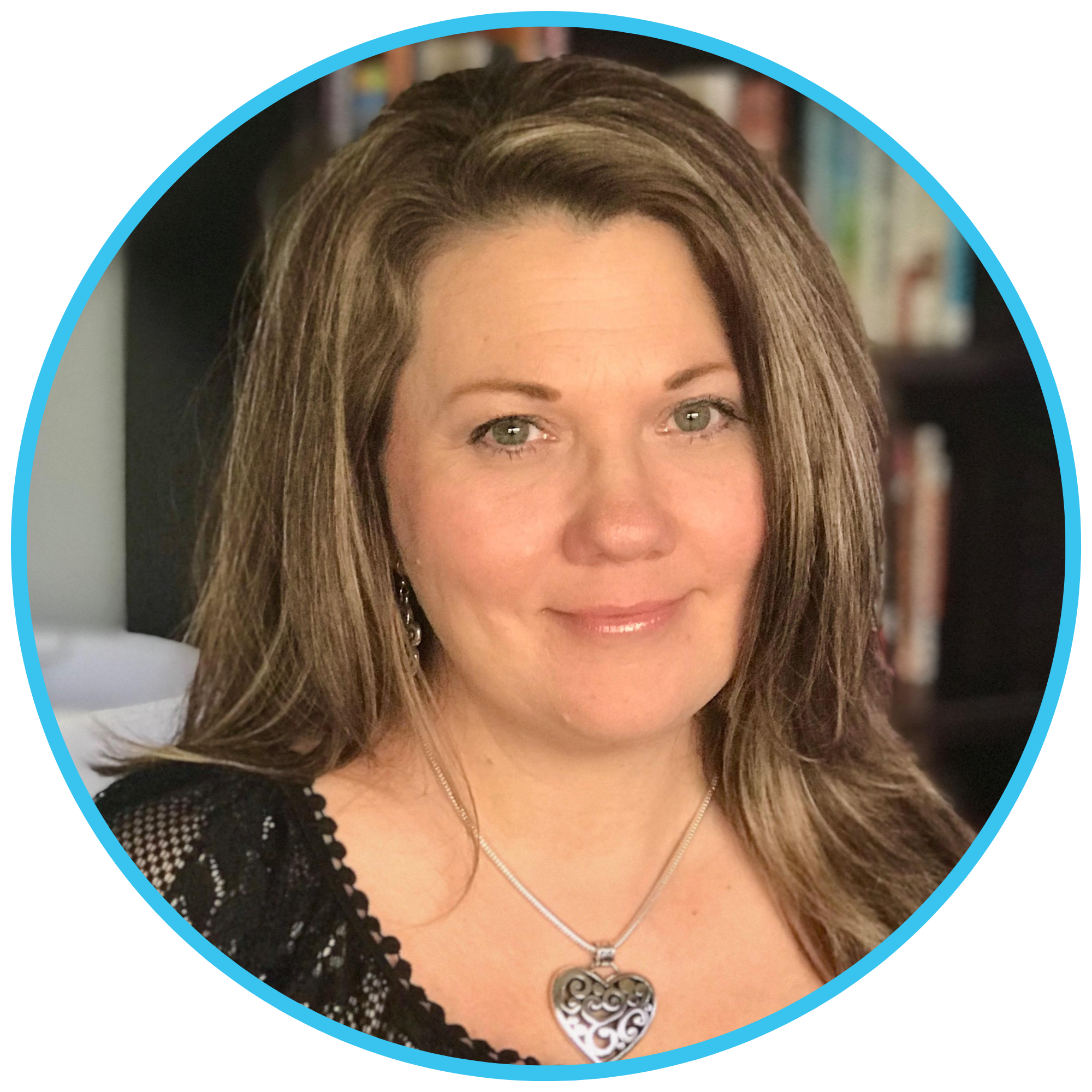
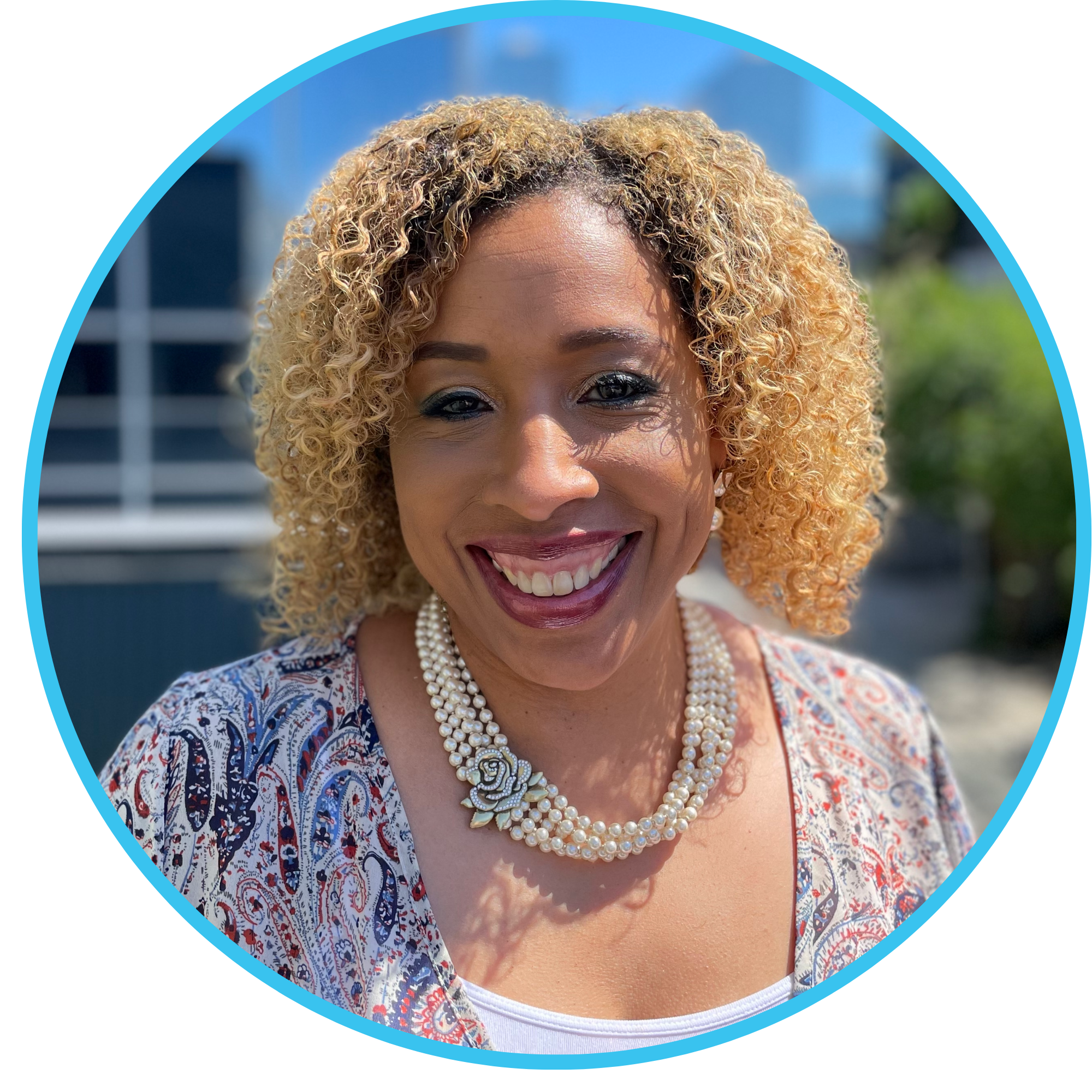
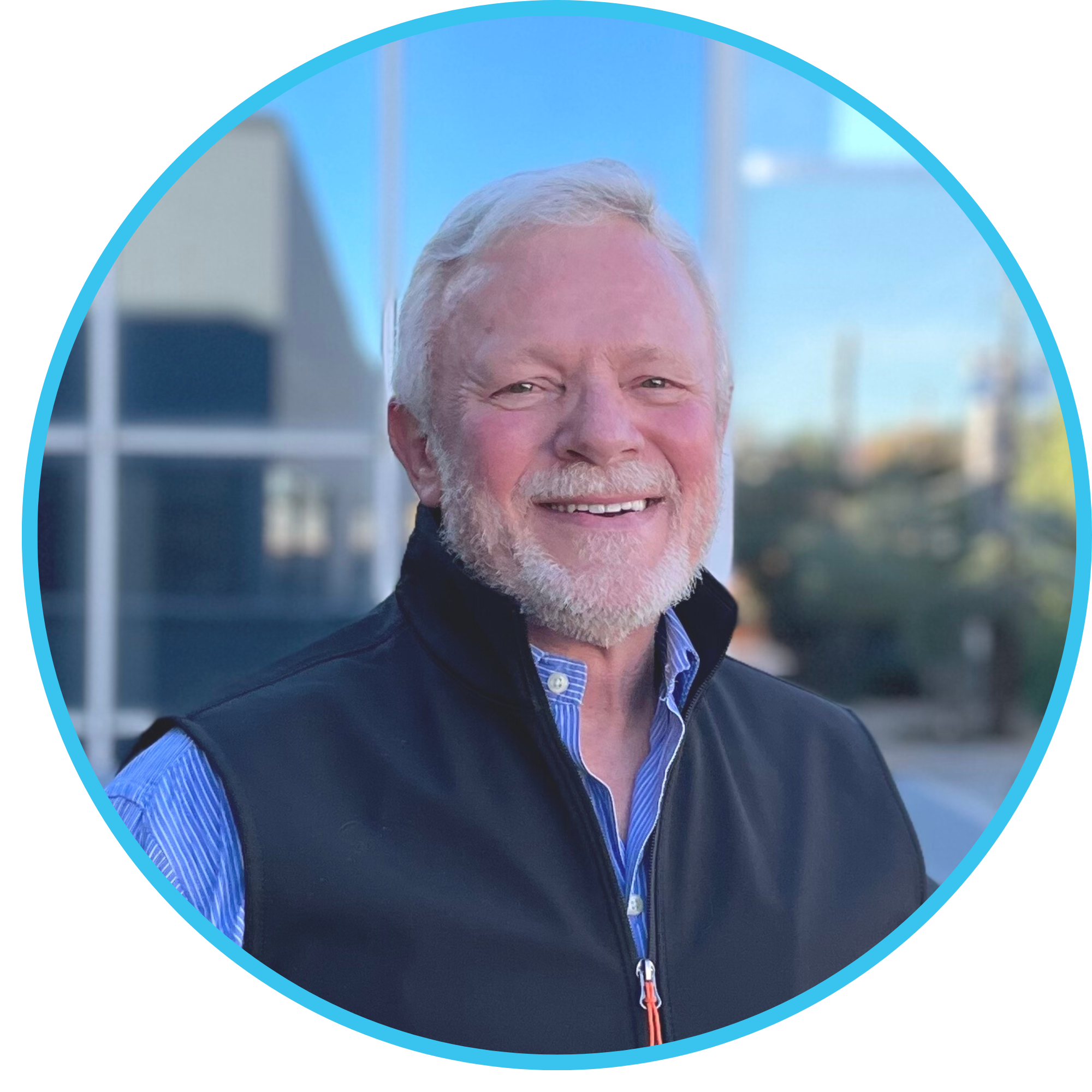
Partner and Couple Coach, Intensive Program Coordinator
Addiction Recovery Coach
Addiction Recovery Coach
